Dungeons & Dragons gives dungeon masters endless tools to craft a unique world and memorable encounters that are specific to your table. While there technically isn’t a way for dungeon masters to legitimately cheat at D&D, you are able to bend the rules in ways players can’t to rule things in your favor.

Related
Dungeons & Dragons: The 21 Most Useful Fourth-Level Spells, Ranked
There are a bunch of great 4th level spells in D&D, but these are the most useful.
These might be changing the number rolled on a die or making NPCs act in ways they shouldn’t, and should always be kept behind the DM screen. However, when done right, you can improve the experience for your table and ensure that the time spent adventuring with friends is always an epic experience.
1
Steal Plot Ideas From Your Players
Every DM will eventually come across one of their players attempting to predict the plot or secrets of your campaign only to get it wrong but also make the guess sound more appealing than what you planned. When this happens, steal the idea and implement it into your campaign notes.
Not only will this make your player feel like a genius for figuring it out, but if it improves the gameplay, then it is a valid form of storytelling for TTRPGs. Just make sure you never reveal the true source of the change until at least a few years after the campaign ends.
2
Change The Health Of Monsters
One of the more popular forms of cheating between dungeon masters is adding an extra zero to the end of your bosses’ health when your players do an unexpected amount of damage far too early. Since you are not expected to be a human calculator able to design perfect encounters, you should change the health of monsters even as they are dealt damage.
This can be used to allow a specific player’s character to deal the final blow to a villain that is crucial to their backstory, or make sure the dragon is actually deemed as a credible threat the town was unable to deal with. This shouldn’t be for every monster, however, as it can be satisfying for players to deal a killing blow in one fell swoop.
Experienced players might notice that your standard goblin is surviving way too many attacks, so use this sparingly.
3
Choose Your Own Initiative Order
While there are many ways to handle initiative fairly, sometimes you would prefer a specific order for your monsters to act in that would increase the dramatic stakes of the encounter. For instance, making sure your goblin raiders chasing after the party’s wagon go first, so that the Wizard player doesn’t just conjure a wall and immediately end the combat.
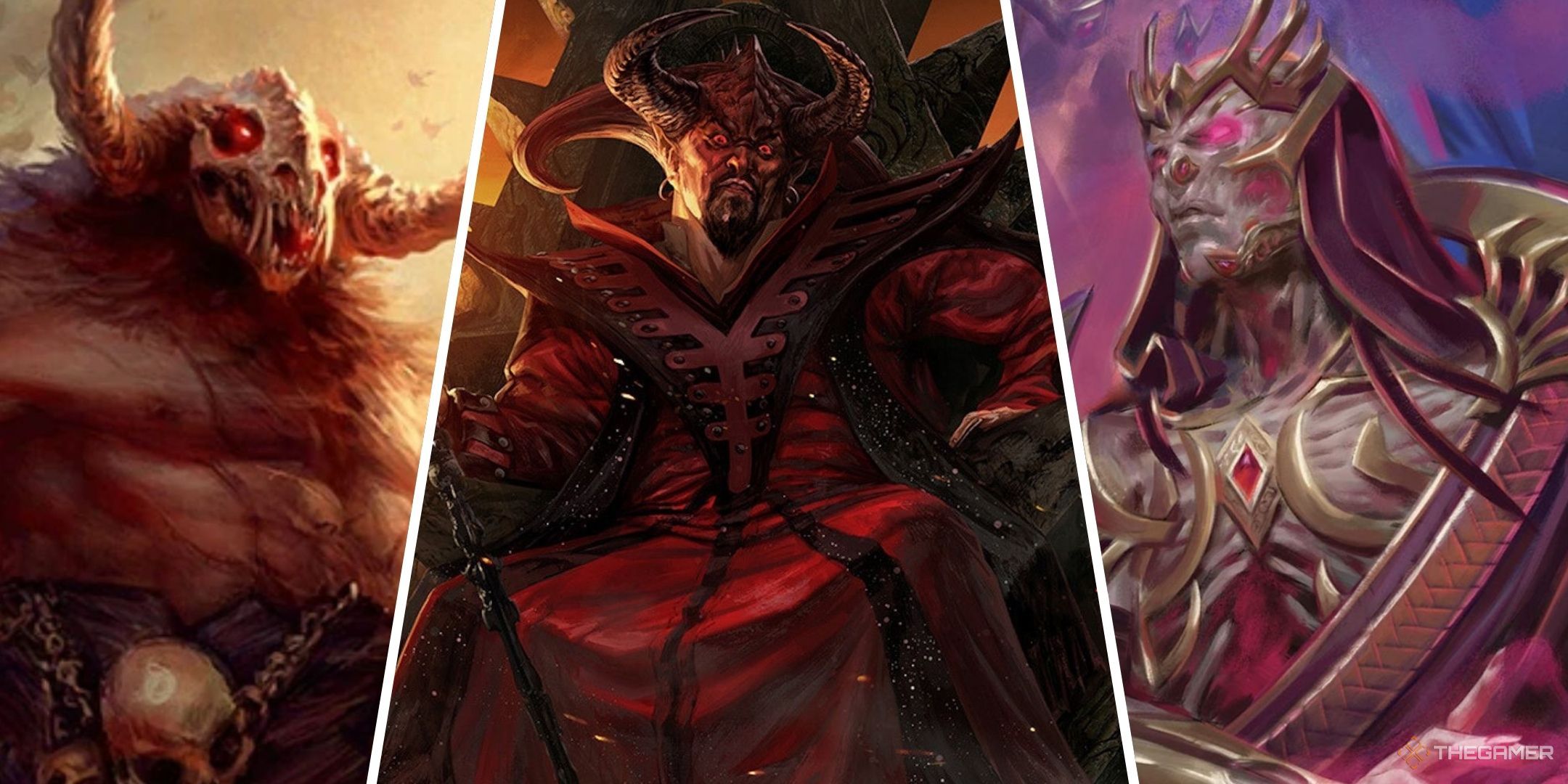
Related
This can also be done to save your players who get themselves tangled with a monster far too strong for them, ensuring they go after the cleric, who can make sure the rest of the party is healed. More often than not, you can do so just to spread out the monsters so they aren’t all going first or last.
4
Change The Travel Time
One of the hardest things for DMs to design in their homebrewed world is the time it takes to travel certain distances. Without a cartography degree or access to real world tools, this can be more or less of a guessing game with dire consequences for the table.
Especially if you didn’t give your players a specific travel time, make sure to feel out how long it takes for them to reach their destination and add or remove days based on their reactions. This is to favor whether your party prefers encounters along the road or those who prefer exploring large cities and don’t want to wait to reach the next one.
5
Give Monsters Intelligence
While some tables only care about combat, others tend to use creative solutions to encounters that involve charming or misdirection that only works on some types of enemies. By giving otherwise very low intelligence creatures a higher Intelligence score or even the ability to speak, this can open new ways to handle encounters.
For instance, by giving a phase spider access to Common, the party can convince it to seek food elsewhere, with the promise of the return of fresh meals if they are able to pass unharmed. This can also allow very low intelligent monsters to realize when they are interacting with an illusion so they aren’t permanently fooled.
6
Add Or Remove Curses
Curses can be a great way to add threats and consequences the party isn’t able to see coming, but it isn’t always the easiest to implement. For example, in The Hidden Shrine of Tamoachan, players who take a specific bundle of treasure are forever cursed until the treasure is returned.
It’s very possible your party doesn’t connect the dots and are cursed until the end of the campaign, and are increasingly annoyed by the presence of disadvantage in all their rolls. By adding timers to curses, or otherwise removing them for your players outright, you can save them headaches that won’t go away on their own.
You can also add curses to items that you feel should be cursed, or as a way to warn players of an NPCs darker side.
7
Let Stealth Succeed
Stealth missions in D&D are usually time-sensitive, lengthy challenges that have high stakes if it is forcing your players to avoid combat. To make sure they don’t fail as soon as it begins, give your guards a blind eye to the crouching Rogue picking the keys from their pocket.
This can also allow your players to set up an advantageous position against powerful foes, which should be a tactic that is rewarded. After the goal is achieved or the players make their way to the right location, let the dice tell the story again.
Failure is still an important part of D&D, but failing before they even start can cause bad feelings towards the game.
8
Make Your Villain Discover The Party
One of the best tips for dungeon masters with a central villain in the campaign is to make sure your players meet them early. This is done frequently in Curse of Strahd to give players a face to the name of Strahd and see his powers and cruelty first-hand.
However, it might not always make sense that your villain knows your party exists, and wouldn’t have an excuse to interact with them. Here you can insert any number of reasons they were found, be it coincidental scrying, or information planted by a loyal minion who didn’t otherwise exist.


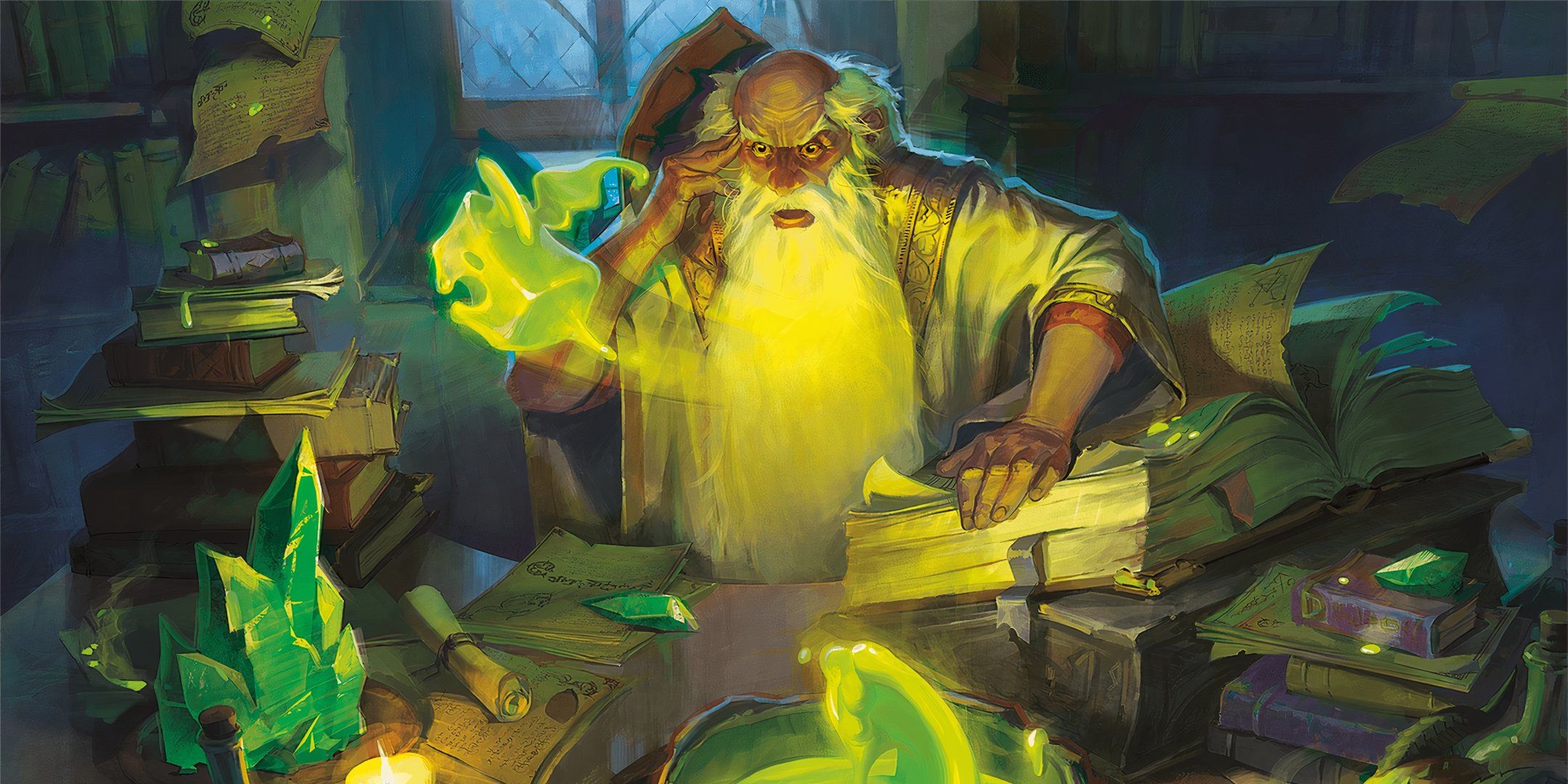
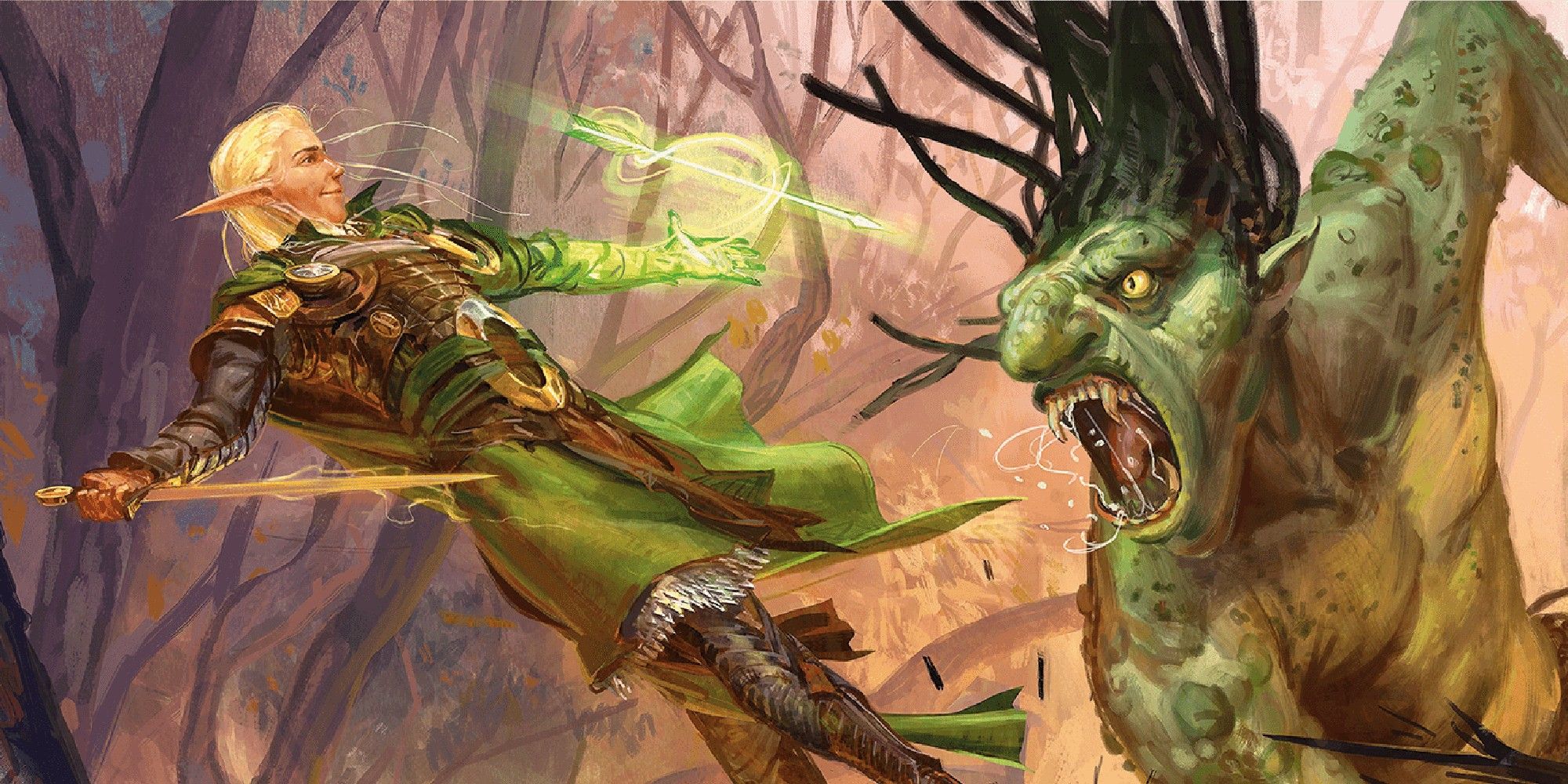
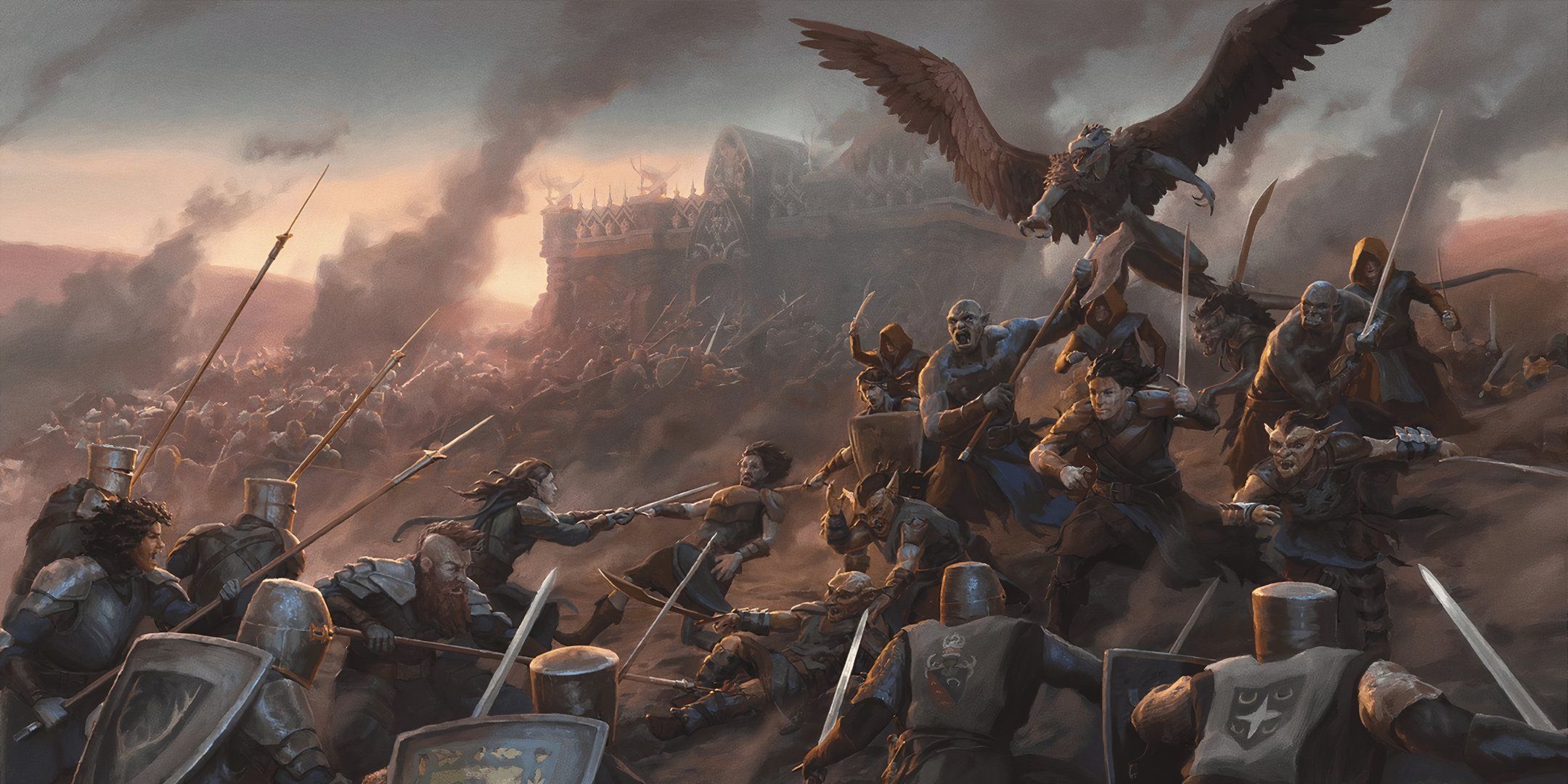

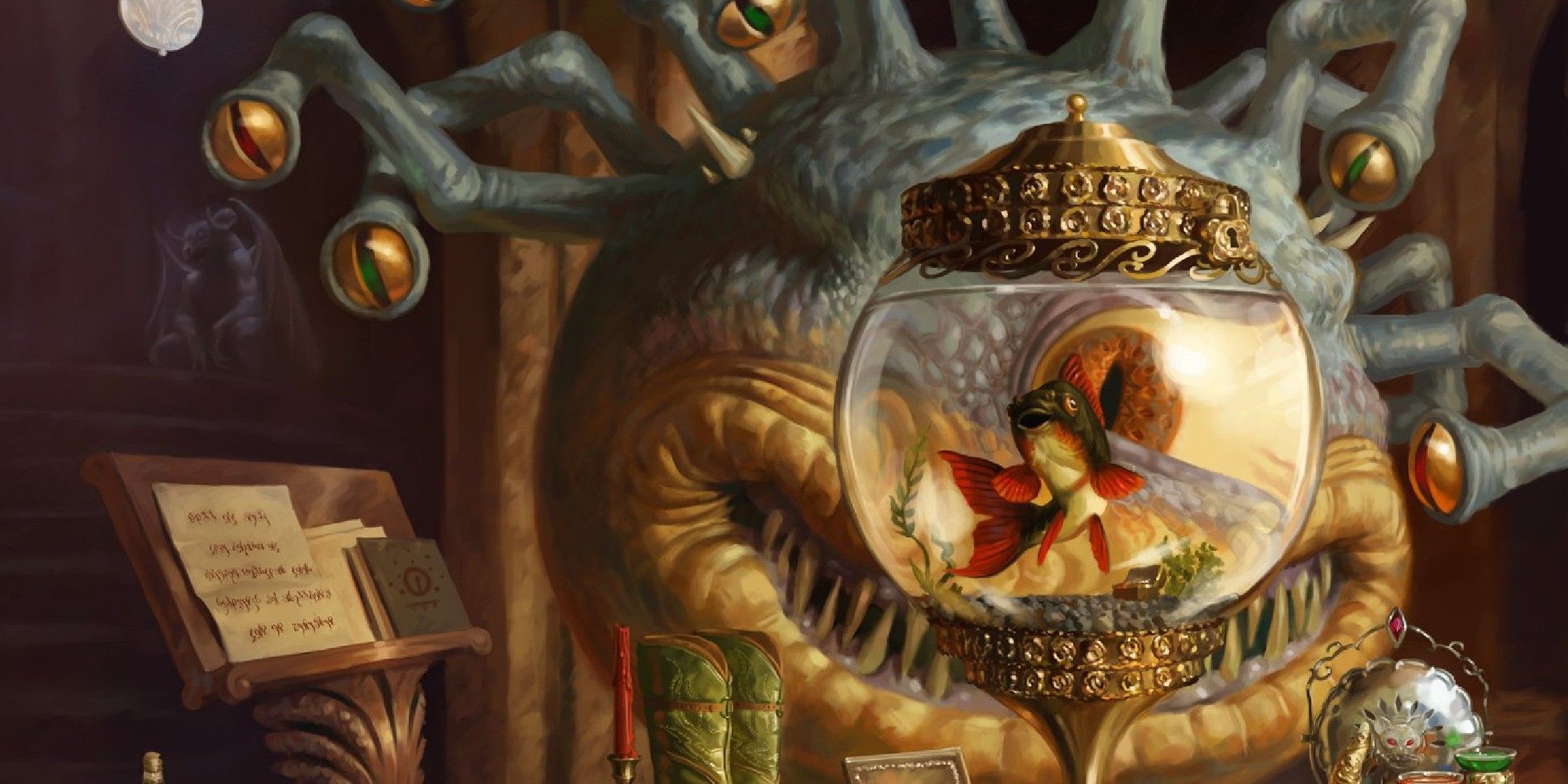
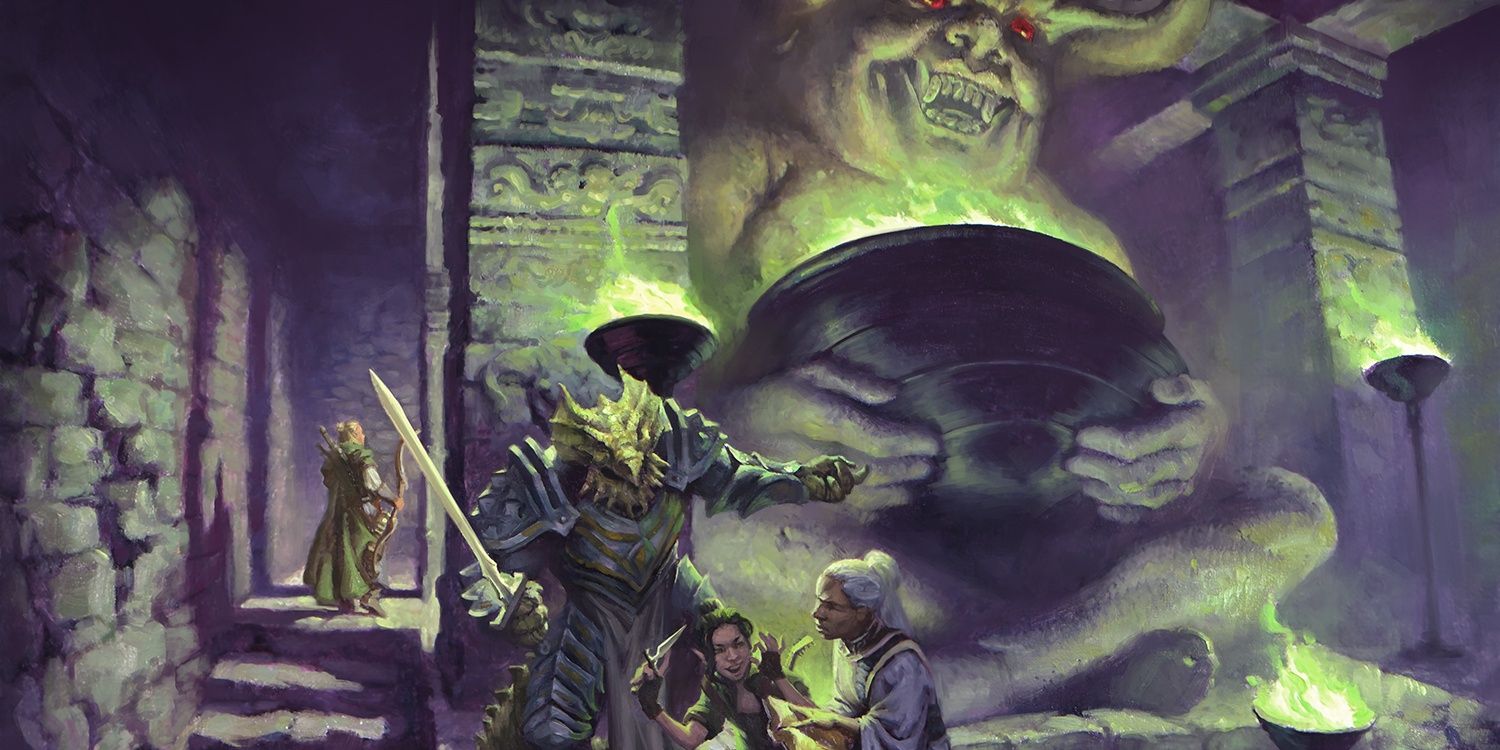
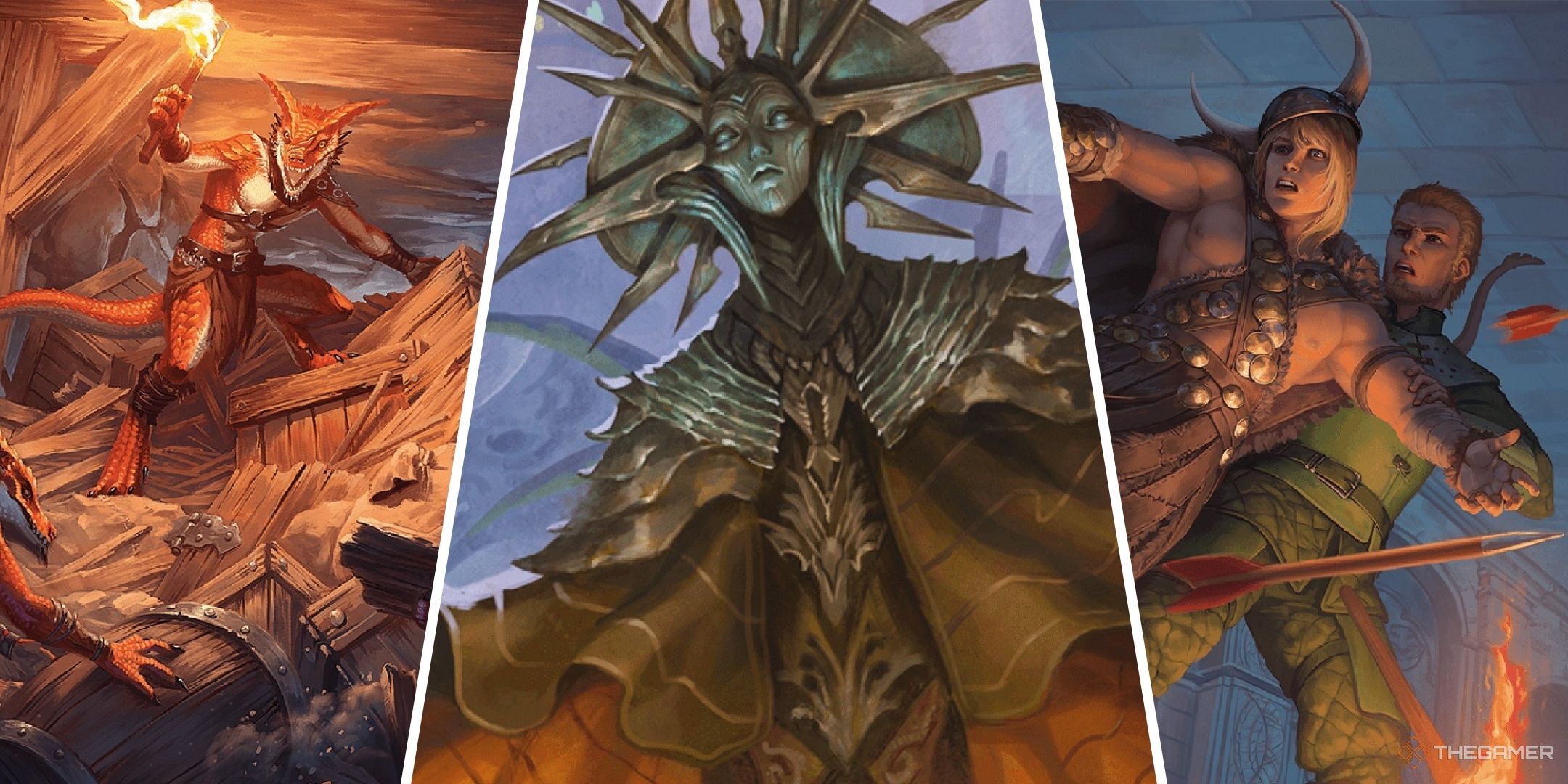
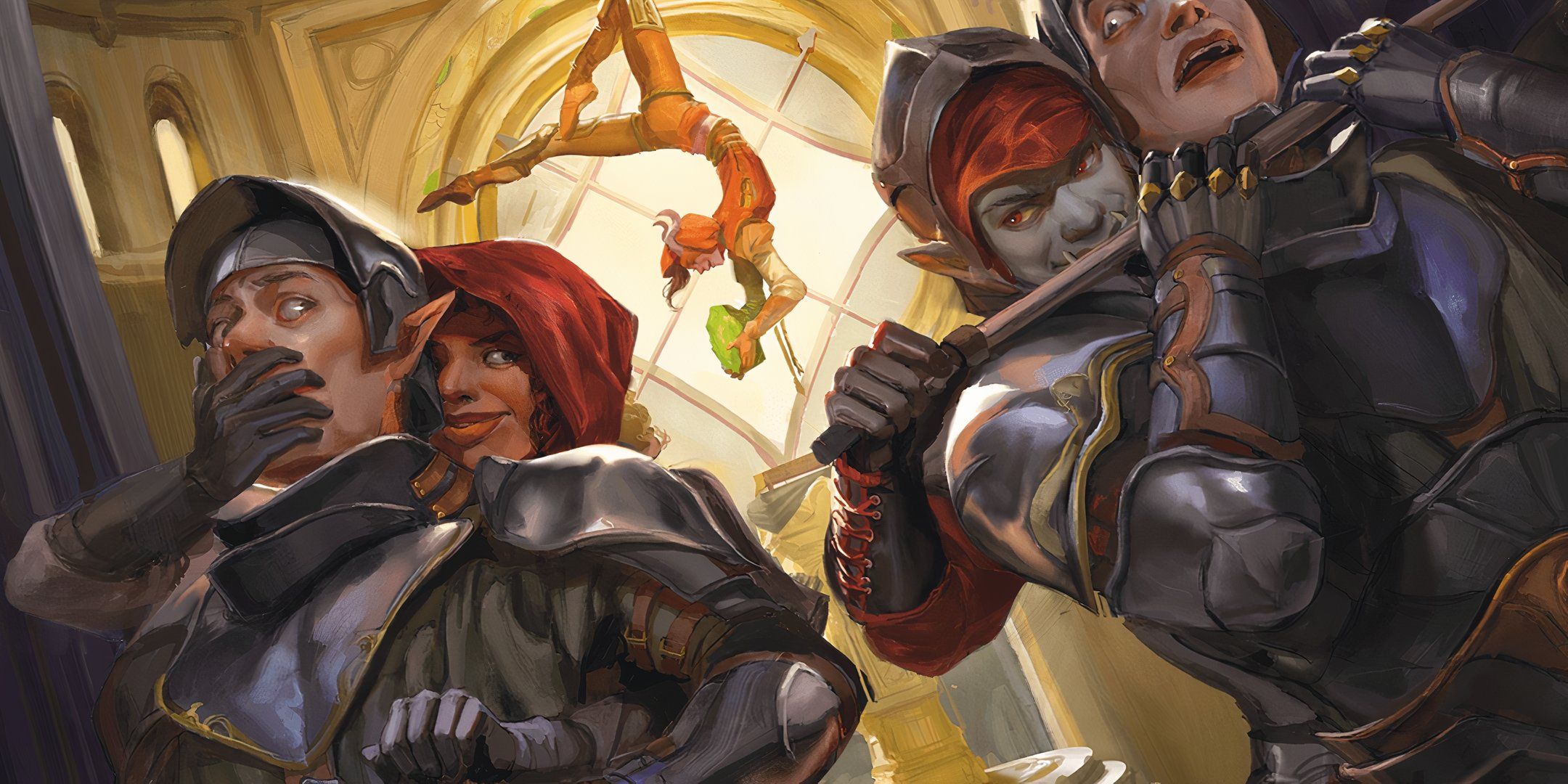
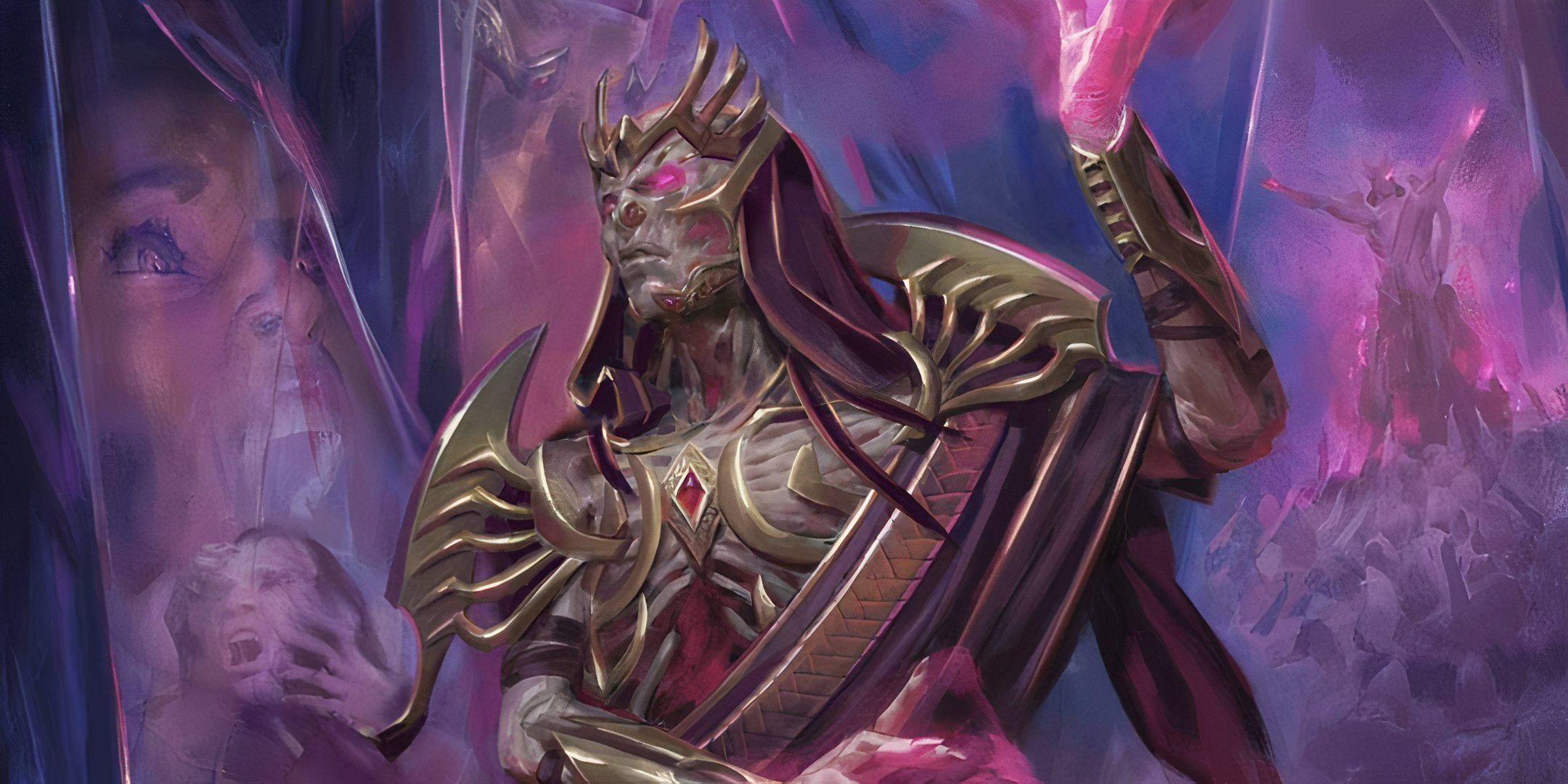





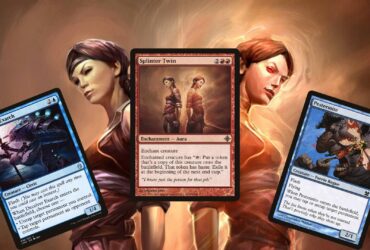





Leave a Reply